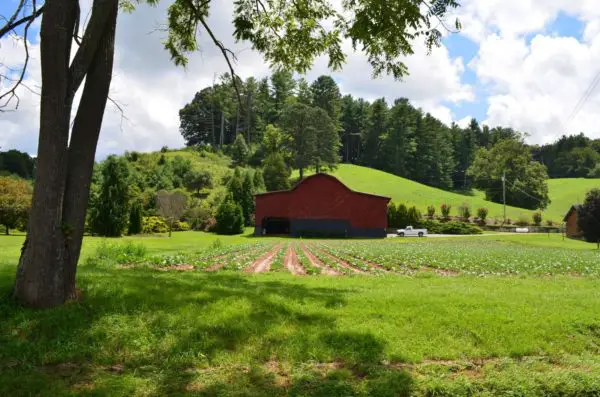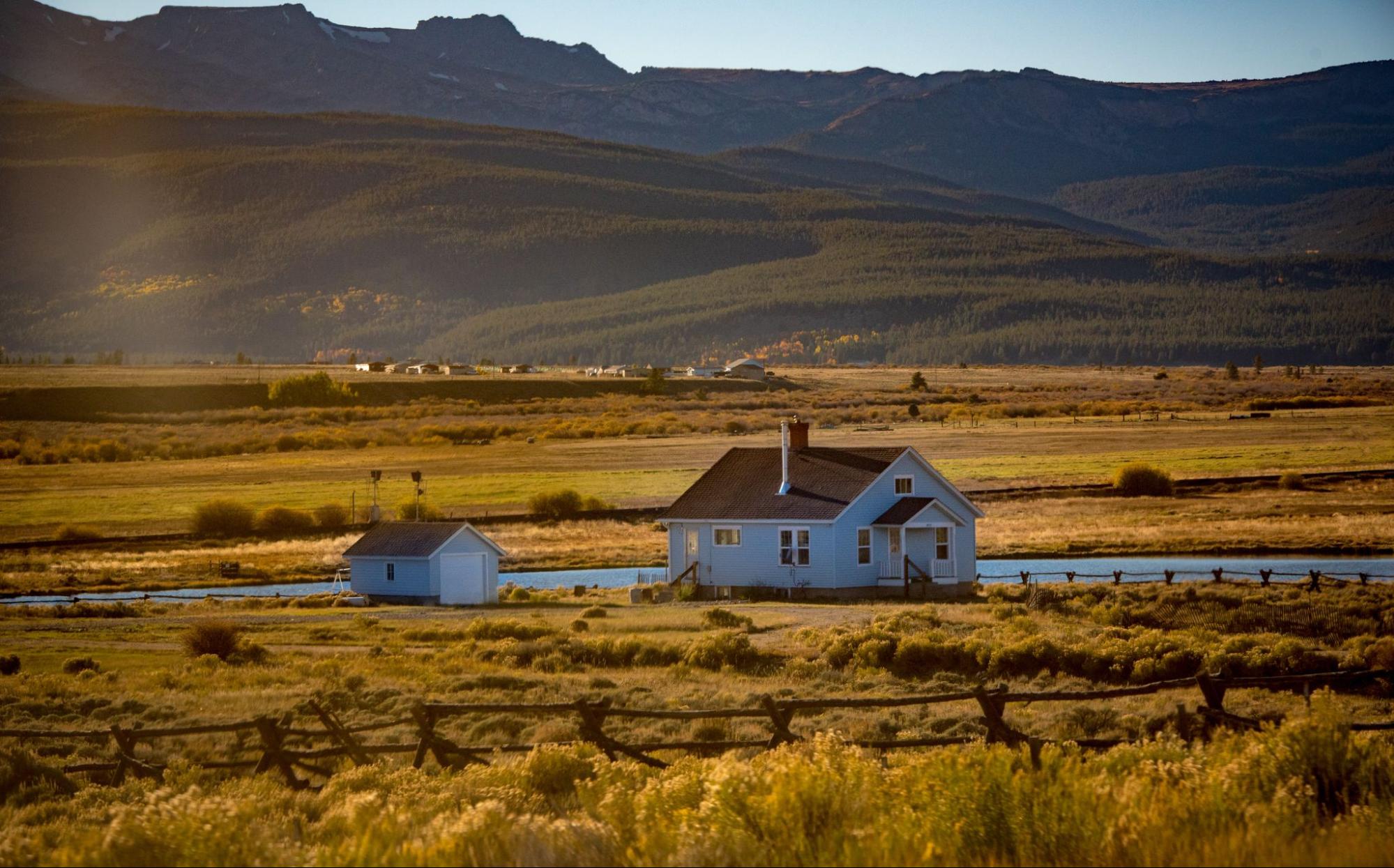Back in the day, people leveraged the limited resources available on their properties to take care of themselves. Nowadays, homesteading is a more accessible and comfortable lifestyle thanks to advances in technology.
So, if you decide to get away from the urban rush, you’d be happy to learn that there are numerous homestead properties available at competitive prices. But, before you start googling “big lots near me,” know that buying land is a large investment of time and money. Therefore, you should be able to make the best purchasing decision and ensure the lot fits your needs and goals. Here are the top seven things to look out for when buying a lot to homestead.
1. Evaluate the Location
When imagining living in a homestead, many people envision a secluded area with nothing around for miles. This might sound idyllic but you need to carefully think about what’s important to you and what you can actually live without. For instance, if you plan to sell the goods you grow, consider how distant the nearest markets are. Decide whether you want to be in a remote area surrounded by nature or closer to the town’s amenities like schools, hospitals, markets, and shopping centers.
2. Check Zoning and CCRs
When purchasing a lot to homestead, zoning is one of the first things to consider. This is especially important if the lot wasn’t a homestead before. First of all, ensure that the property is zoned as agricultural. Find information on any Covenants, Conditions and Restrictions as they can prevent you from keeping specific types of animals on the property or engaging in selling your homesteading goods. Last but not least, CCRs might limit the number and type of buildings you can have on the property.
3. Ensure There’s Water on the Property
Water is one of the crucial factors for homesteading. If you plan to raise livestock and crops, you might want to look at ponds, streams, and brooks. When it comes to water for domestic use, you can tap into a water main or dig a well. However, keep in mind that drilling a well, installing the pump, and filtrating the water might be a more costly option. Finally, consider other water-related factors such as drainage, windbreaks, and flooding potential. You might want to hire an environmental engineer to assess the land first.
4. Consider the Type of Electricity Available
Check with the local electric company to see if you can get electricity to your land. Tell them where you plan to put your house to ensure it doesn’t interfere with the building. They can also use that information to determine the distance from the nearest hookup. That way, you’ll be aware of the estimated costs upfront. Wind, water, and solar are also possible energy systems you can use on your homestead property.
5. Ensure There’s Access to the Property
Check whether the property has legal access to a public road or a driveway cut. Other important things to take into account are the length of the road, whether it’s prone to flooding, and if it’s dangerous to drive in icy conditions. You should also know if the access is obtained directly or indirectly by an easement. Finally, make sure you find out if the road is private or shared and who will be maintaining it.
6. Confirm the Soil Is Clean
Soil quality is very important when you’re planning to grow your own food as your produce soaks up toxins and contaminants and brings them to the dining table. Get your soil’s pH, type, and texture tested to see what you’re working with. Drainage is also very important in order to maximize production. A percolation test will help you get a better idea of the land soil’s water absorption rate. It will also confirm that you can safely install a septic system on your land.

7. Be Aware of the Taxes
Learn all about the property taxes and get an estimate of what they will be once you improve the land. Then, evaluate if that fits your budget. There might be properties offered as special deals but always look for the catch – you don’t want to buy a piece of land only to learn it will cost you a fortune in taxes.
In Conclusion
Buying the ideal big lot for a homestead is possible if you know what to look for. For a successful transition to a more self-sufficient lifestyle, you need to decide what your priorities are from a cost and location point of view. Then, take the time to conduct thorough research to ensure the land’s compatibility with your unique needs.


